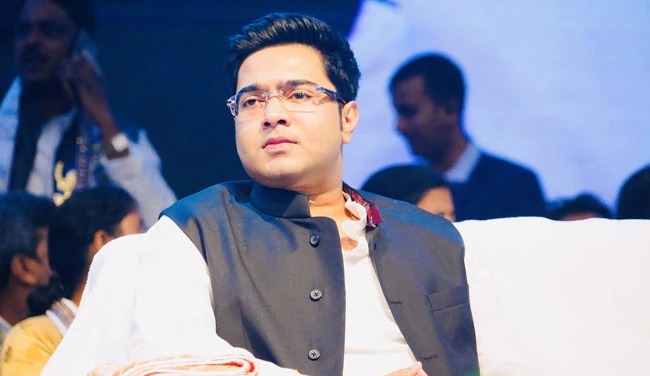The Supreme Court, however, granted Abhishek Banerjee and wife Rujira Banerjee protection from arrest. A Delhi court had earlier issued a bailable warrant against them as the probe agency had approached the court complaining that the duo have not been responding on summons.

New Delhi: In more trouble for the Trinamool Congress leader and nephew of West Bengal Chief Minister Mamata Banerjee, the Supreme Court on Tuesday allowed the Enforcement Directorate (ED) to interrogate him in a coal theft case. The TMC leader has been facing money laundering charges in the case and has requested the top court to allow questioning him in West Bengal instead of Delhi.
The court, while hearing the matter, ordered the state ‘not to obstruct’ the questioning of the probe agency. It also asked the state government to ensure protection to the ED officials if they go to West Bengal to question Abhishek. The apex court also asked ED to approach if faced any obstruction, linked to the West Bengal government in connection with the ongoing probe. It also added that if Kolkata police get any complaint against the probe agency officials, no action will be taken against them without its permission.
The Supreme Court, however, granted Abhishek Banerjee and wife Rujira Banerjee protection from arrest. A Delhi court had earlier issued a bailable warrant against them as the probe agency had approached the court complaining that the duo have not been responding on summons.
The Enforcement Directorate, under anti-money laundering law, has been conducting a probe against the both. The probe agency has suspected coal-pilferage worth multi-crore linked to mines of Eastern Coalfields Ltd in Bengal’s Kunustoria and Kajora, near Asansol district. The agency has been summoned both for questioning and has been complaining about non-cooperation by Abhishek, MP from Diamond Harbour, and his wife.
The BJP leaders have been accusing Abhishek and his wife of involvement in the coal theft case. TMC, however, has been alleging harassment of TMC leaders by the probe agencies under pressure from the central government.
